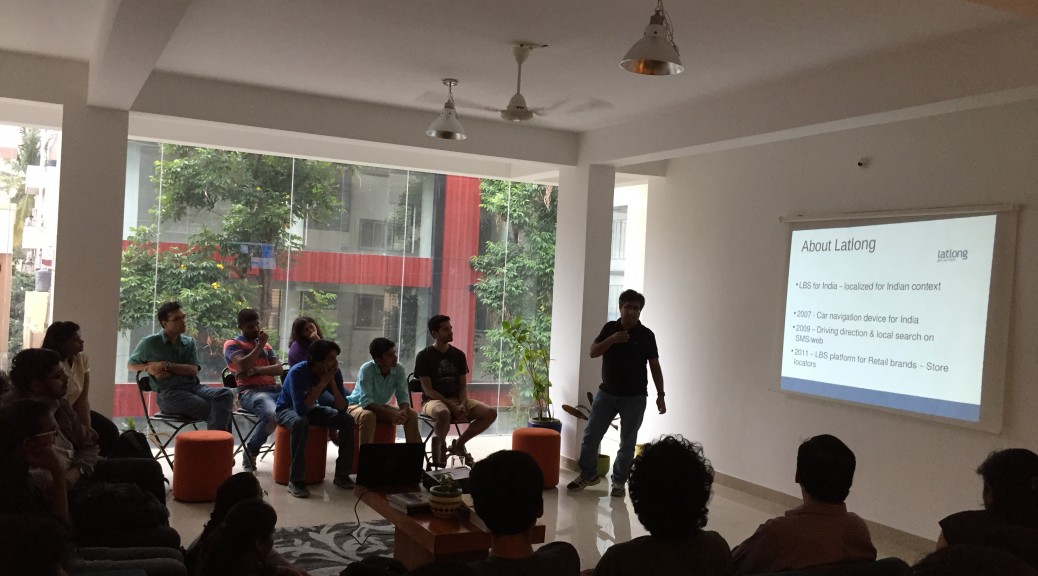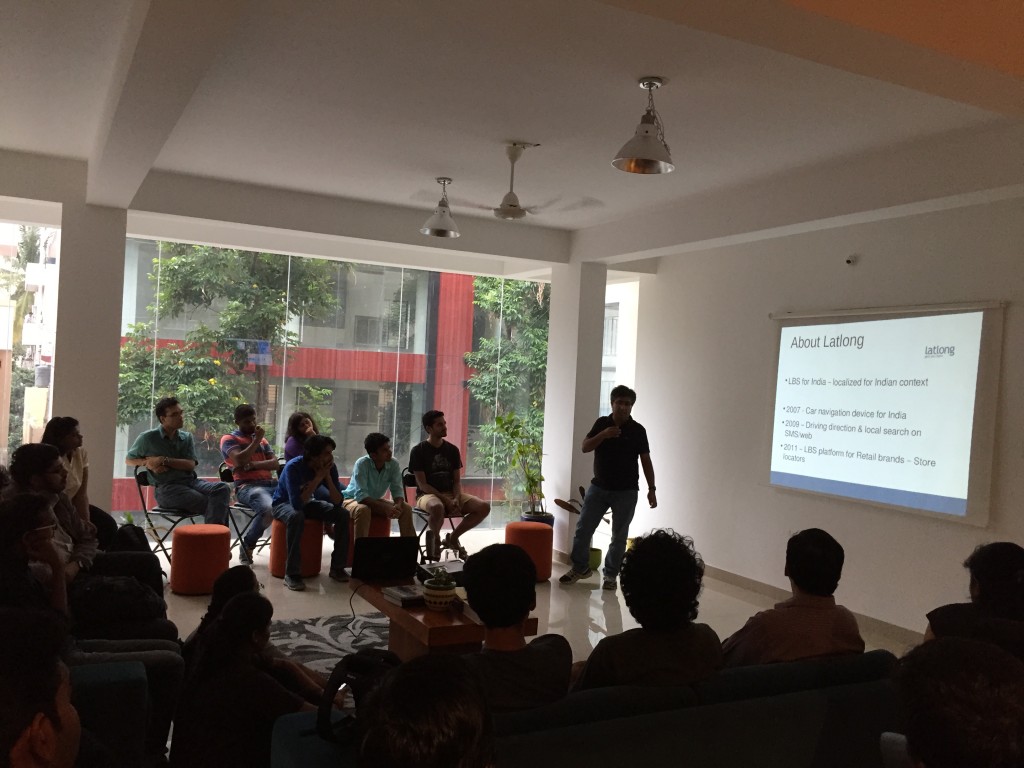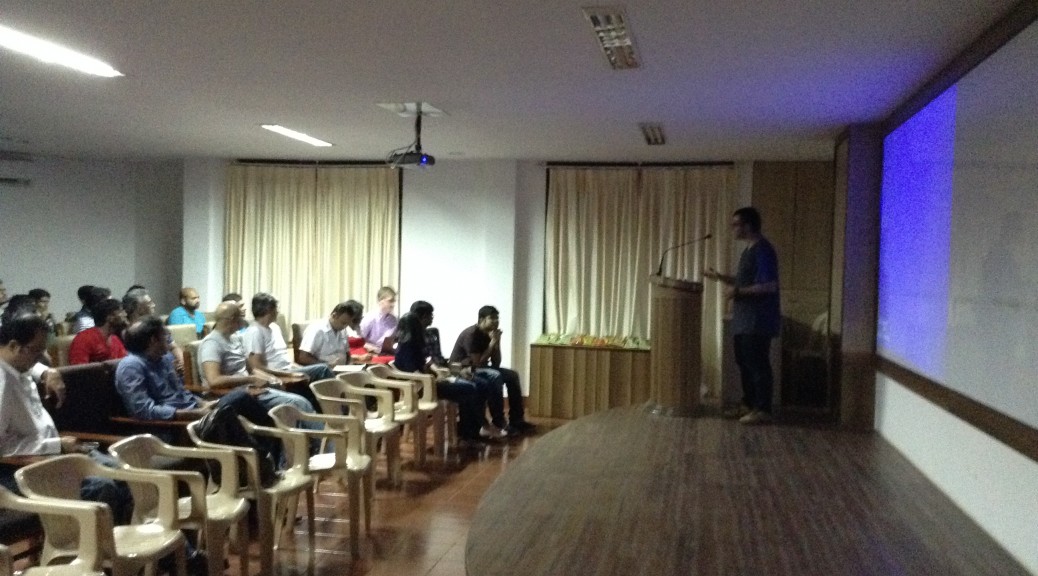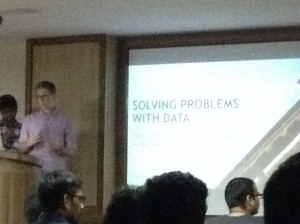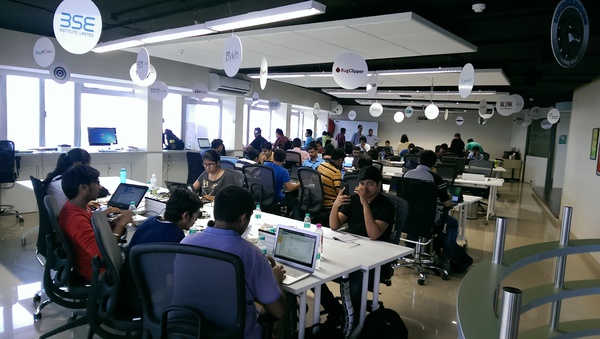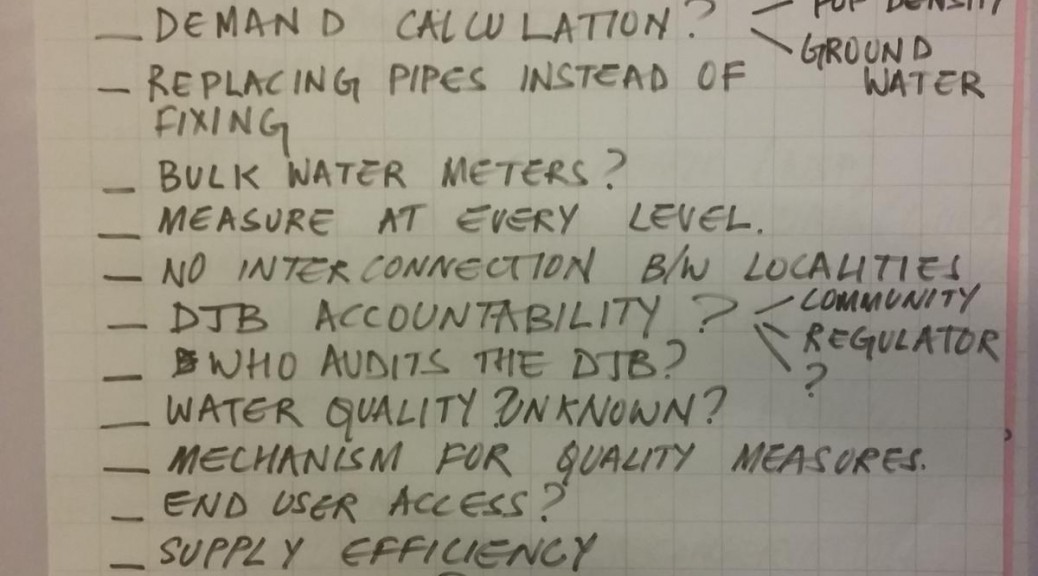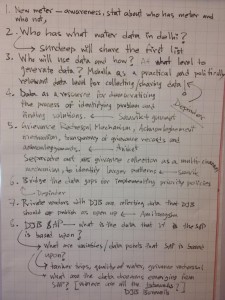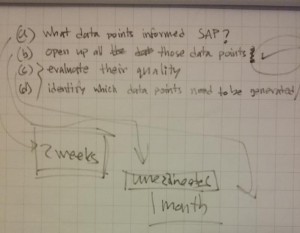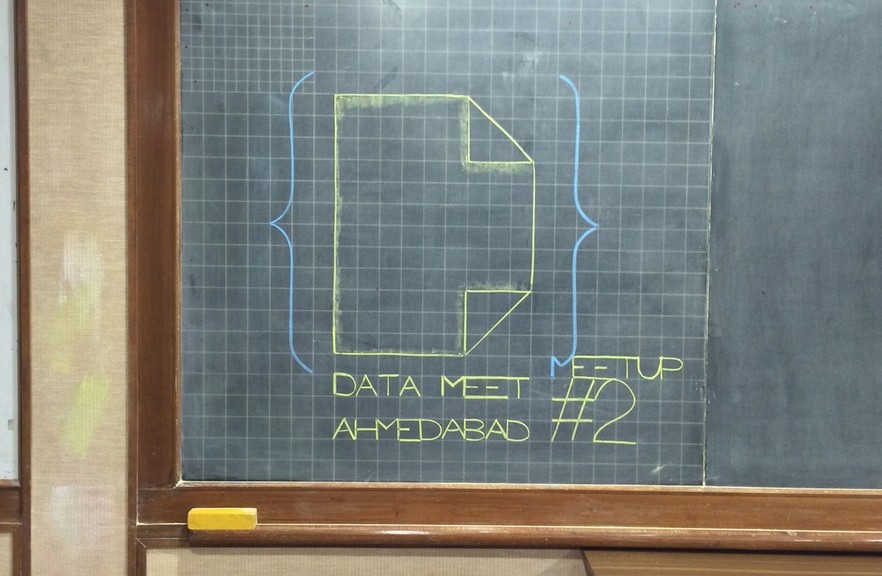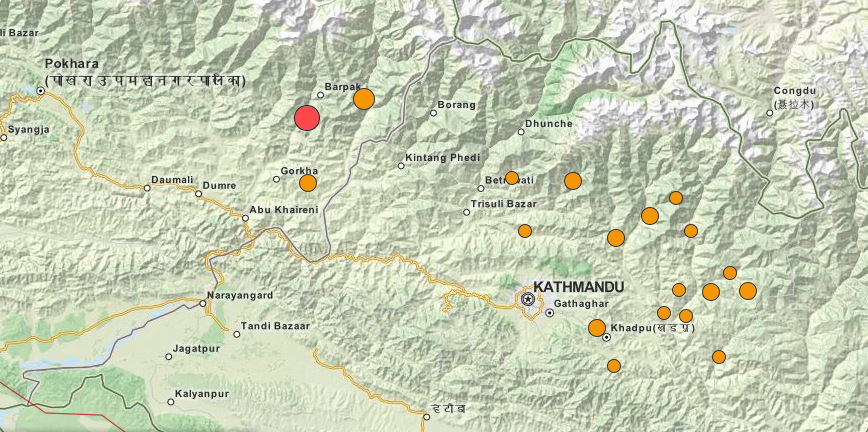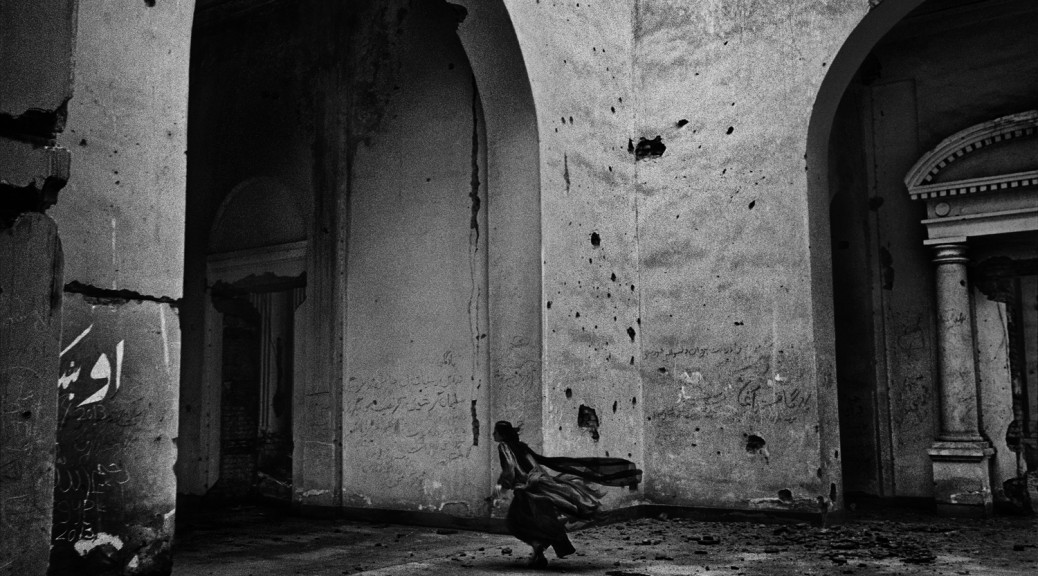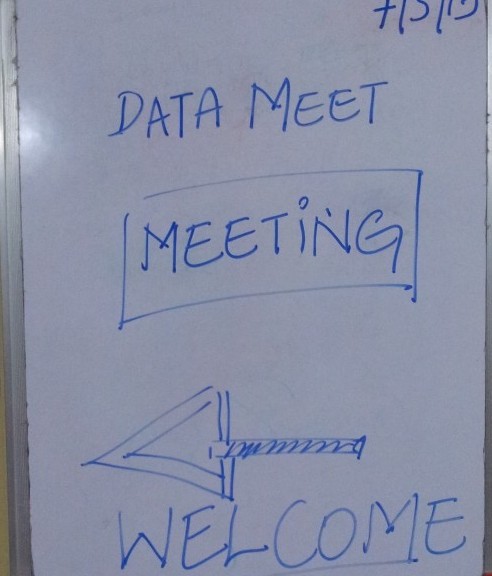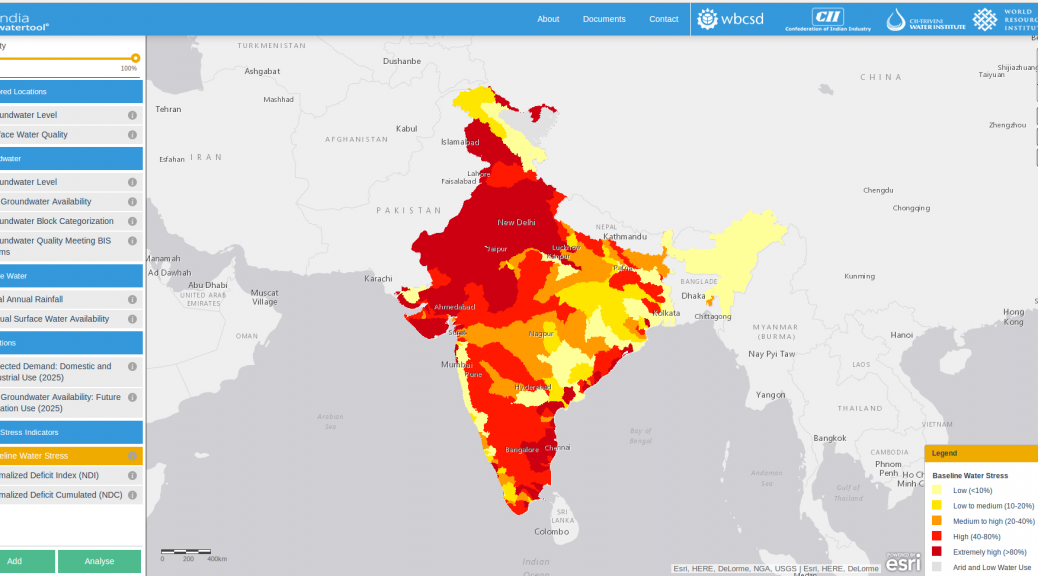Data{Meet} Ahmedabad – 2nd Meetup

Data{Meet} Ahmedabad – 2nd Meeting
Our 2nd meetup was held at IIM-A, under the aegis of the RTE Resource Centre, with 20 participants; half of them had attended the 1st meetup.
Talk #1: All walls come down – by Ashish Ranjan, RTE Resource Centre, IIM-A
The first talk in the 2nd DataMeet of Ahmedabad Chapter brought forward the efforts being put together by the team RTE, working out of IIM-Ahmedabad. The team members present at the venue were Prof. Ankur Sarin, Ashish Ranjan, Advaita R and Nishank Varshney. Ashish presented their journey of supporting the implementation of RTE in the state of Gujarat.
The Right to Education (RTE) act Section 12 requires schools to enrol a certain number of children from economically weaker families. The RTE Resource Centre (rterc.in) organises pre-enrolment campaigns for the benefit of prospective students and their parents, and has enlisted NGOs for hand-holding the children post-enrolment. The talk gave a glimpse of their experience in Ahmedabad, observations from Maharashtra, and the data-related challenges they faced.

The management of this important activity was being done manually. This threw up many problems:
The registration of beneficiary families was often incomplete, with partial addresses – recording just the area of residence e.g. “Jamalpur”. This lead to many parents complaining about non-receipt of allotment letters..
There was no mapping of schools or beneficiary families, which could have aided better matching of children and schools.
A study by the team RTE revealed how a large number of schools were finding their way around the RTE mandate. These methods include making demands of un-required documentation of the parents to, tricking the MIS systems which enable applications from parents, into counting the ages of the children eligible for the schools as ineligible amongst various others. Nishank pitched in with instances from Maharashtra, where the minimum and maximum permissible age limits were deliberately entered by schools in such a way that potential students would be under age during an admission year, and over age the next year, effectively excluding them. In some particularly bad cases, the difference was one day: the child would have to be born on a specific date. For lack of efficient and transparent allotment processes, there were cases of candidates getting multiple admissions (as much as 18) while some did not get any. To bring out all these analyses, though, the school and student data from the Maharashtra RTE website had to be painstakingly downloaded, manually. Many DMers offered support to gather this data more easily.

The team was quite inspired by the school map of the Karnataka Learning Partnership (klp.org.in/map) and wants to build such a comprehensive tool for themselves, with features to find schools within a specified distance, and help match students with schools. Unlike the Karnataka programme, there still is no MIS in place to facilitate the enrolment and selection process. Shravan suggested that it might be possible to use the codebase of KLP and adapt it for use in Ahmedabad. Hopefully, the D{M} folks will volunteer for the necessary support.
The RTE team also wants to build a tool to track the performance of enrolled students. They discussed about the potential privacy issues involved in this. It was suggested that the performance reporting to be published on the website could be at an appropriate level of aggregation which safeguards privacy and preserves discernible performance stats. The possibility of using ODK for volunteer led data collection was also discussed.
Getting together at the meetup opened up many possibilities for collaboration from the participants as a few of them came forward with suggestions and also extended their support to this cause.
Talk #2: Public Transport of Ahmedabad
Jayesh Gohel is not your everyday architect. He dropped out of his course at CEPT because he got too interested in code and soon enough he started enjoying making websites. Being an Amdavadi, he noticed the lack of infrastructure, both digital and non-digital in supporting the commuting that AMTS enabled in the city and so he decided to work on amtsinfo.in – the unofficial official support and information website for the Ahmedabad Municipal Transport Service.

At the 2nd Datameet in Ahmedabad, Jayesh inspired the audience with his experiences with developing the website with the sole aim of solving the information problem related to the rather important and convenient network that AMTS is. Jayesh’s talk was simple and spoke about his personal motivations and learnings in the course of the development of this app. It also brought to the light the issues that plague the archaic systems that govern our modern lives, which can otherwise be so easily solved with the use of digital technology. However, ‘there’s hope if all of us take initiatives’, Jayesh said.
